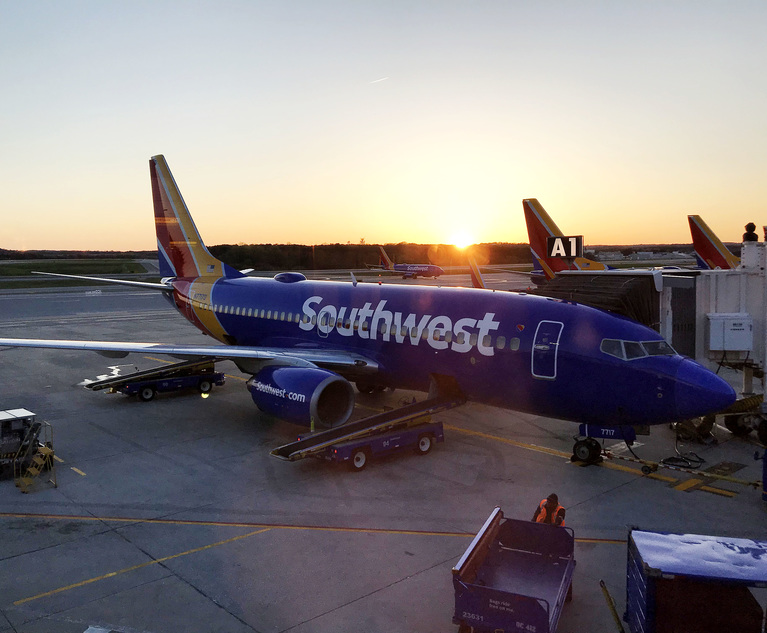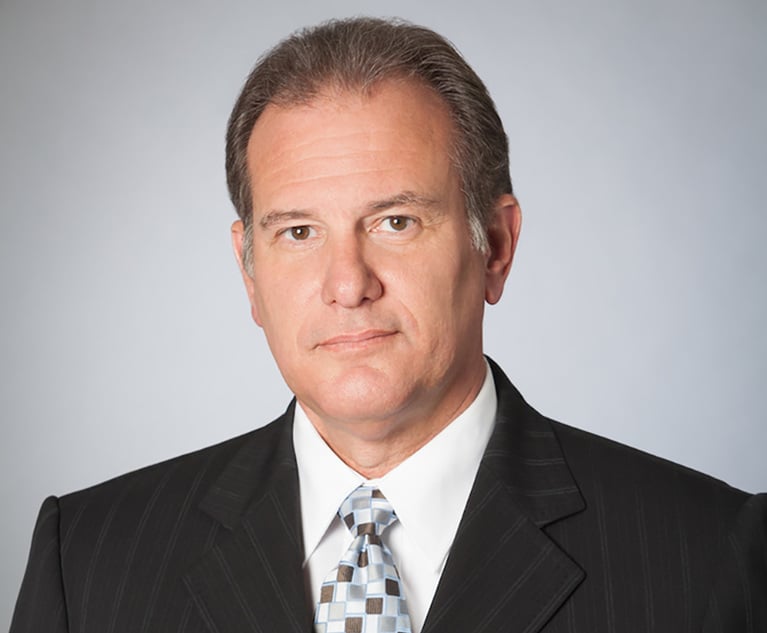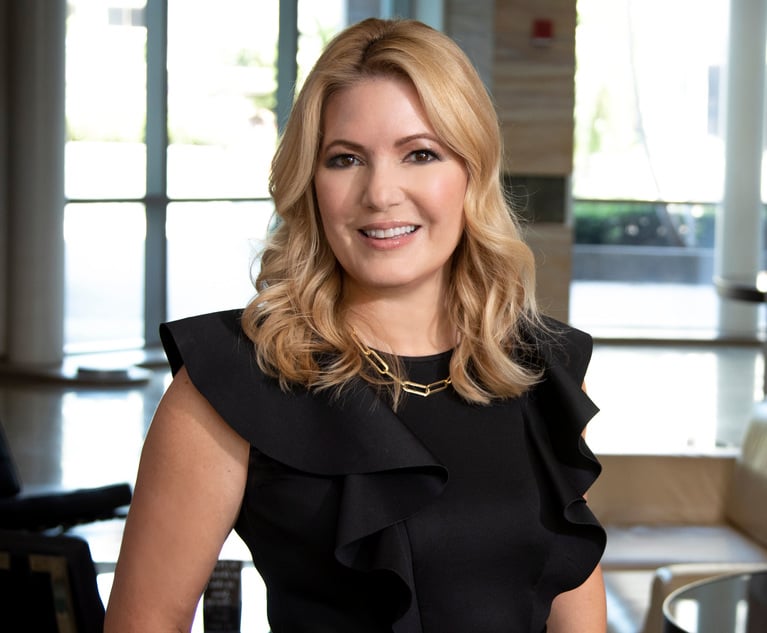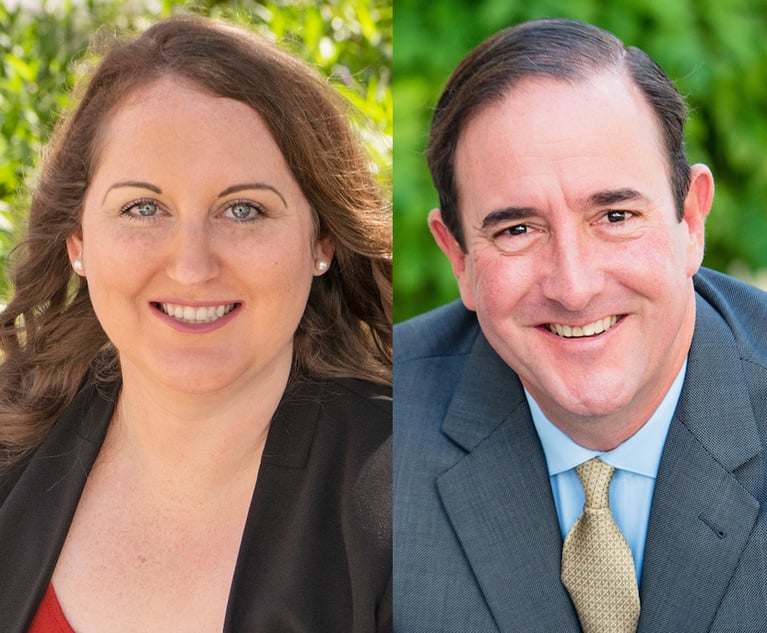Once passengers, the government, and the media are out of the intensity of the moment and less exorcised about these thousands of canceled flights, we all need to consider whether trying to force Southwest to change its business model actually makes sense.
The ultimate solution here is legislation that does what rules in other jurisdictions do – protect the passenger.
A close read of the U.S. airline passenger rules is an exercise in frustration. It’s full of “possibly,” and “maybe,” even when it comes to such basic questions as whether you can get placed on a different flight after an extensive delay.
West Palm Beach lawyer, Adriana Gonzalez, points out that “In the European Union, for example, there is legislation that compensates passengers for interruptions to each flight segment Yet, here in the U.S., airlines are not required to compensate passengers when flights are delayed or canceled.”
In the EU, it’s automatic. Having lived in Europe and been a frequent flier, on many occasions, I received compensation for a delayed or canceled flight automatically, on the same day. The airlines are well aware of their legal obligations, just as passengers are acutely aware of their rights. It really is a smooth process. I have even purchased tickets and, for whatever reason, chosen not to take the flight – and still record a same-day refund for a canceled or badly delayed light.
Does the U.S. flying population really benefit from forcing Southwest to adopt a hub model, following the lead of the other major airlines? Because, as someone who has own over three million miles and understands how airlines work, that’s the only surefire way to ensure that Southwest doesn’t have a similar system failure in the future. Airlines that operate out of hubs are simply far, far easier to reset than an airline that keeps planes and crews all over the country. But the hub system comes with a serious downside that begins with the fact that where an airline has control of a hub, it’s easier for them to set high prices for specific routes.
This excellent YouTube series by a pilot is a great explainer. He is a “Newark-based” pilot but actually lives in Minneapolis. His videos shed light on how the hub system works in practical terms.
So while individual passengers aren’t going to be compensated for their canceled flights over Christmas, Southwest might be facing enough of a public groundswell this week to make them nervous. But there’s probably no quick solution here. By framing Southwest’s business model as a commitment to American communities, Southwest’s CEO has proven one thing definitively – that Southwest has an excellent crisis management team.
It’s going to be interesting to see what the federal government does once the post-weather social media storm dies down. Unless Congress is willing to take on the airlines and legislate a passenger bill of rights that has both serious bark and bite, it seems unlikely that Southwest is going to be motivated to make foundational modifications to its business model to satisfy the government and passengers that what’s happening right now won’t happen again.
About Aron Solomon:
A Pulitzer Prize-nominated writer, Aron Solomon, JD, is the Chief Legal Analyst for Esquire Digital and 24-7 Abogados. He has taught entrepreneurship at McGill University and the University of Pennsylvania, and was elected to Fastcase 50, recognizing the top 50 legal innovators in the world. Aron has been featured in Forbes, CBS News, CNBC, USA Today, ESPN, TechCrunch, The Hill, BuzzFeed, Fortune, Venture Beat, The Independent, Fortune China, Yahoo!, ABA Journal, Law.com, The Boston Globe, NewsBreak, and many other leading publications.


 Credit: Diego M. Radzinschi/ALM.
Credit: Diego M. Radzinschi/ALM.




